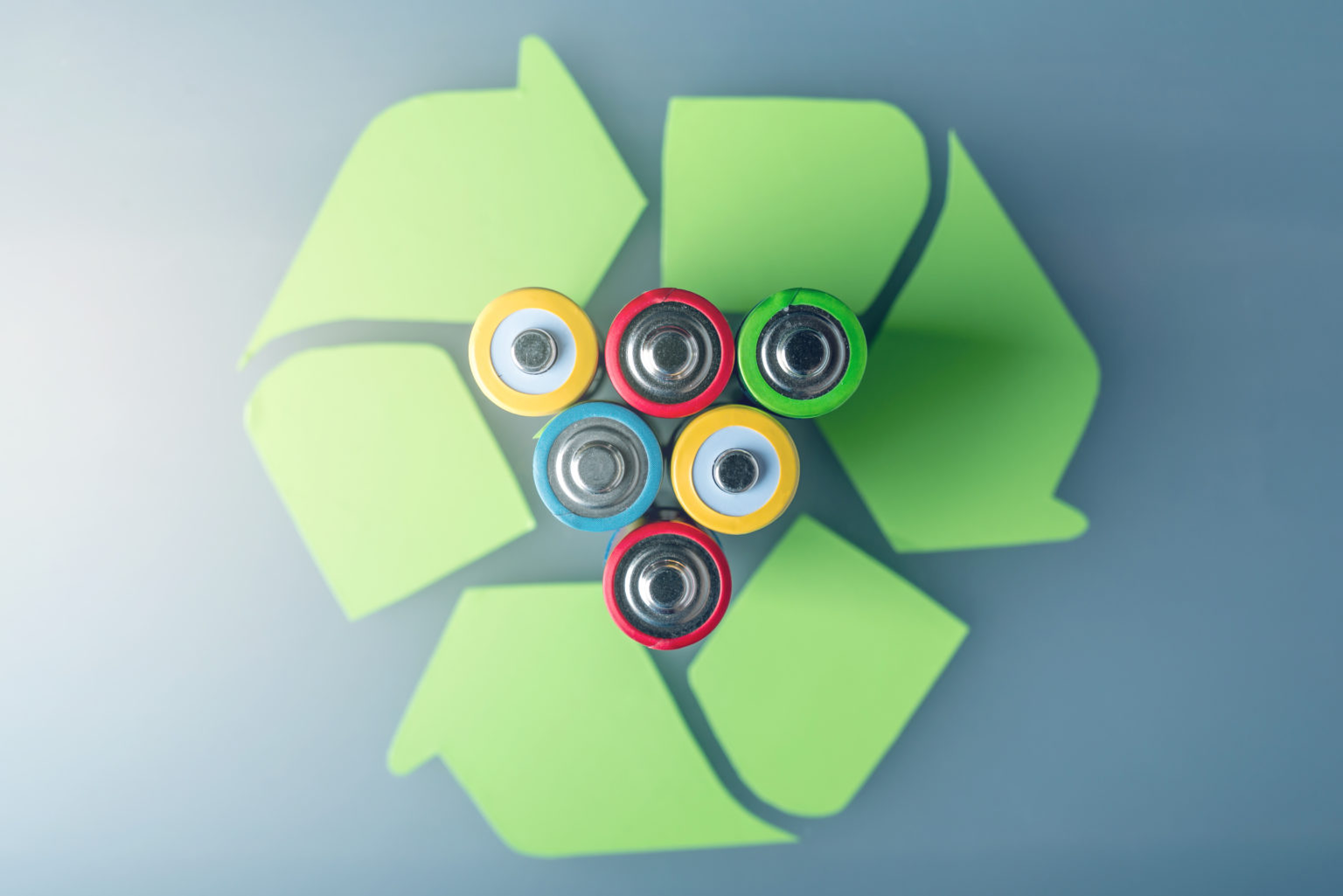The consistent recycling of batteries is important now more than ever. An expanding economy and increasing need for electronic products means batteries have never been more prominent in our lives, but it’s easy to forget the harm they can cause to our environment.
Most batteries now have impressively long life-spans, but rather than discarding their harmful substances to a landfill – be it a smartphone, watch, or children’s toy – it’s vital to partake in battery recycling in WA.
If you’re looking for more ways to reduce pollution, read on to learn about the process of battery recycling and how it helps protect our planet.
How battery recycling works
The majority of battery types can be recycled safely with the help of experts:
Lead-acid
Found in vehicles and exit and emergency lighting, lead-acid batteries are thoroughly grinded up before the sulphuric acid within is neutralised in a vat. This process separates the lead (which sinks) and polymer (which floats) ingredients for clear recycling.
Alkaline
Commonly used in the format of AA, AAA, D, and C, alkaline batteries are found in everything from remote controls to clocks. They are first shredded up before being separated into zinc and other metal by an electric steel mill, or by melting in a furnace, before the different components are recycled.
Nickel cadmium and nickel metal hydride
Typically used for rechargeable batteries in smartphones, lighting, and gaming products, the metal oxide is extracted from the cadmium components for recycling. This is done using the HTMR method, where the nickel is extracted before being placed in a furnace where the heat difference allows the cadmium to be removed once solidified as a metal oxide.
Lithium
Lithium-ion is growing in popularity thanks to its high voltage, making it perfect for use in portable items like laptops or cameras. Like cadmium, lithium batteries are recycled via the innovative HTMR method, where it can be collected once converted to a metal oxide.
Traditional lithium batteries can be processed via hydrometallurgy, where ferrous and non-ferrous metals are separated for recycling by use of an acidic or caustic solution.
The importance of battery recycling
Donating any unused or depleted batteries to a reliable recycling centre offers immense environmental benefits, allowing valuable material to be collected for reuse rather than polluting the earth from a landfill.
Battery recycling is environmentally friendly, as the toxic substances within like lead, mercury, lithium, and cadmium, are prevented from leaking into the soil and worsening water and air pollution.
Reused metal oxides can be used for multiple applications, from sensors and superconductors, to ceramics and medicinal uses.
Safe battery recycling in WA
C.D.Dodd operate multiple depots across WA for the secure recycling of batteries, with long-standing experience and a proven safety record cementing their position as one of the largest lead-acid battery recyclers in Perth.
With both drop-off locations containing premium equipment across the Pilbara and in Forrestfield, Perth, as well as reliable collection services by licenced vehicles, battery recycling in WA has never been easier and more efficient.
Contact us today to discuss your battery recycling needs, or to book a collection now.
